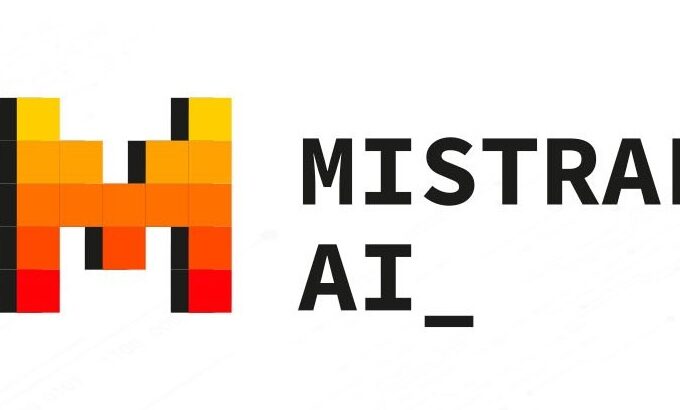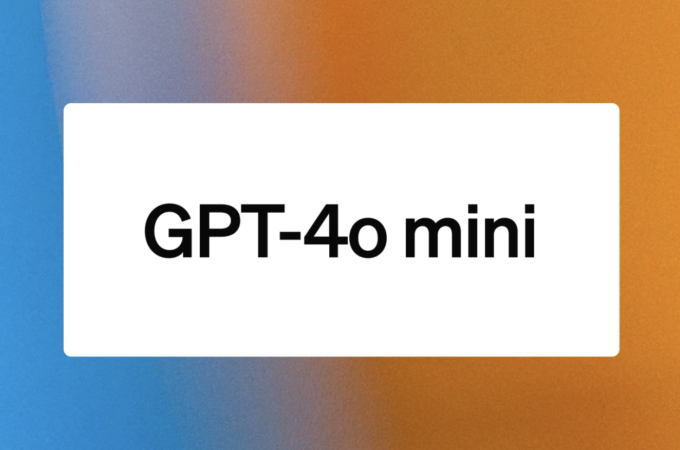
OpenAI’s Sam Altman Aims for Trillion-Dollar Boost in AI Chip Production
OpenAI’s CEO Sam Altman is making waves with a bold plan to revolutionize the global semiconductor industry. A report from The Wall Street Journal suggests Altman is seeking an unprecedented sum, ranging from $5 trillion to a staggering $7 trillion, to supercharge AI chip production worldwide. This ambitious initiative aims to address the pressing scarcity of AI chips, a bottleneck that has constrained OpenAI’s growth and the development of advanced artificial intelligence models.
The proposed project involves partnering with investors, chip manufacturers, and power providers to construct numerous large-scale chip foundries. Altman envisions these facilities as a critical solution to ramping up chip production, particularly in the United States. While the full list of potential investors remains undisclosed, Altman has reportedly engaged with high-profile figures, including government officials from the United Arab Emirates and top executives from companies like SoftBank.
The scale of Altman’s fundraising goal is unprecedented in the financial realm, dwarfing previous capital-raising efforts by significant margins. For context, the proposed sum exceeds the combined valuations of tech giants like Apple and Microsoft, underlining the magnitude of Altman’s vision. This endeavor represents a seismic shift in the semiconductor landscape, with the potential to reshape global supply chains and fuel technological innovation.
The initiative not only seeks to bolster chip production but also addresses the substantial energy demands associated with powering these advanced semiconductor facilities. Altman has emphasized the importance of creating a resilient supply chain for AI infrastructure, a crucial component for maintaining economic competitiveness in an increasingly digitized world.
While the project’s scope is vast and ambitious, concerns have arisen regarding its environmental impact and the consumption of natural resources. Critics caution that such a massive endeavor could exacerbate existing challenges, including water consumption and the demand for rare earth minerals. However, Altman’s supporters argue that the potential benefits of advancing AI capabilities outweigh these concerns.
OpenAI’s pivot towards securing trillions in funding represents a strategic move to assert its dominance in the AI landscape amid intensifying competition. With rivals like Google entering the fray with their own AI offerings, Altman’s push for expanded chip production underscores the fierce competition within the industry.
Ultimately, Altman’s quest for unprecedented funding reflects a broader trend towards investing in AI infrastructure and accelerating technological advancements. As the demand for AI-powered solutions continues to surge across industries, initiatives like this could play a pivotal role in shaping the future of artificial intelligence and driving global innovation forward.





